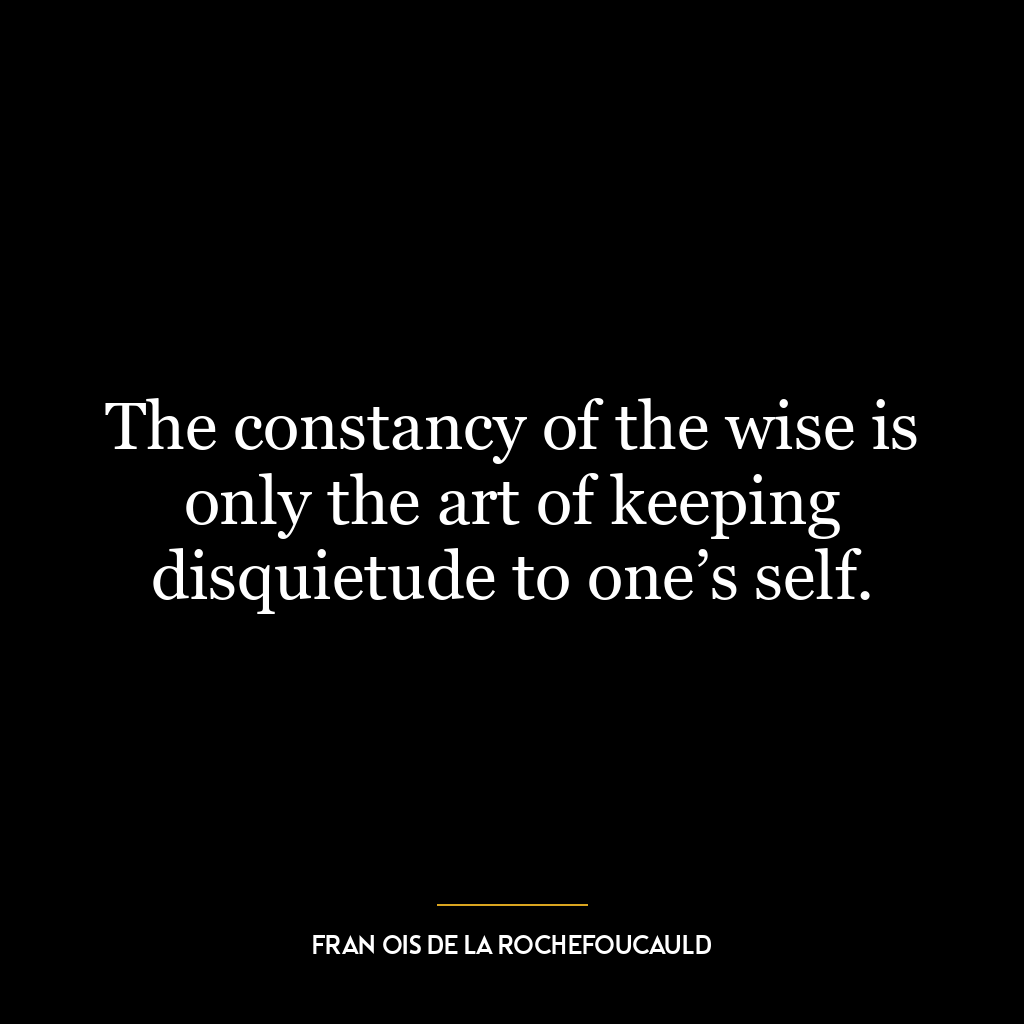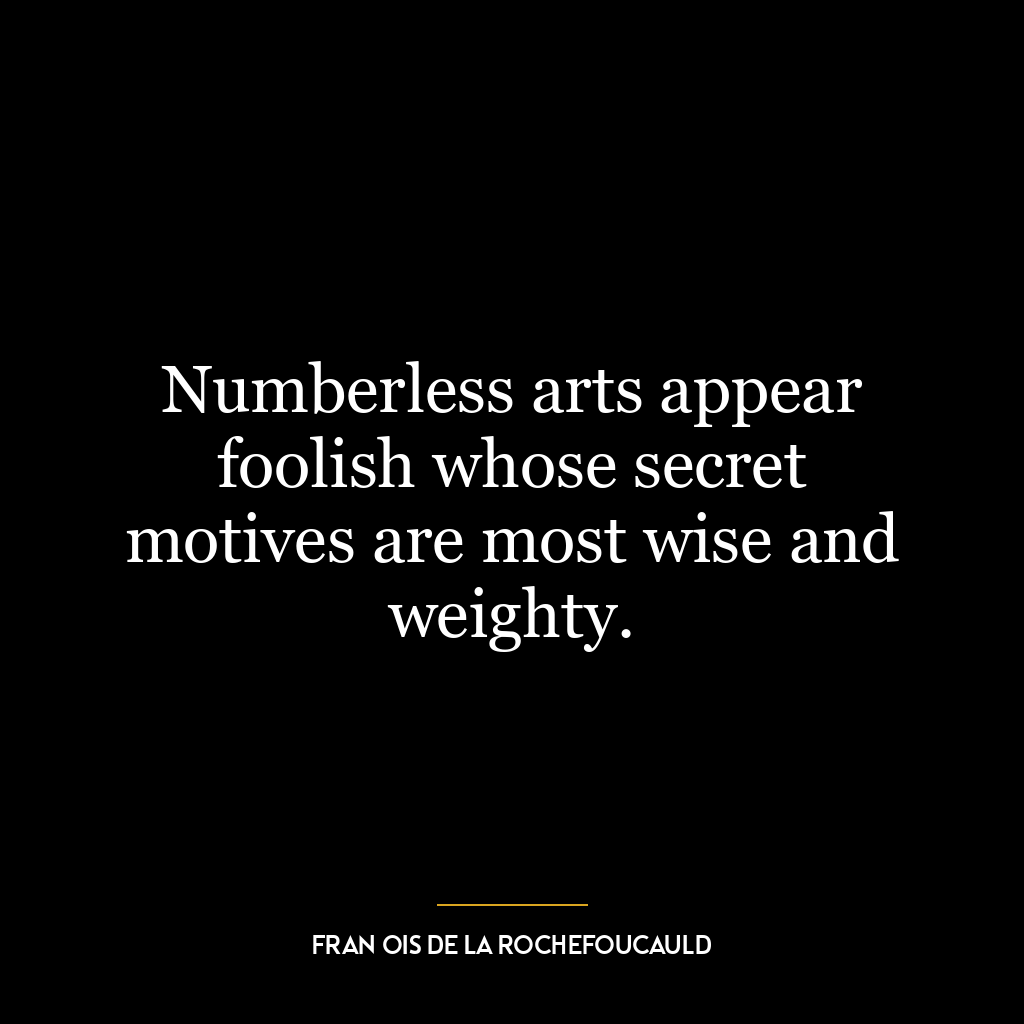If you know how to spend less than you get, you have the philosopher’s stone.
This quote is a metaphorical comparison of financial prudence to the legendary philosopher’s stone, a mythical substance said to be capable of turning base metals into gold. In essence, it emphasizes the wisdom and value in living within one’s means – spending less than what one earns.
The philosopher’s stone is a symbol of transformation and perfection in alchemy. By equating it with the simple act of spending less than we earn, the quote suggests that this practice holds a transformative power over our lives, capable of turning our financial ‘base metals’ into ‘gold’. It implies that the secret to wealth isn’t necessarily earning more, but rather managing what we have effectively.
This idea is profoundly relevant in today’s world, where consumerism and the desire for instant gratification often lead people into a cycle of debt and financial instability. By applying the principle of spending less than we earn, we can build financial security, reduce stress, and create opportunities for future growth and investment.
In terms of personal development, this concept encourages discipline, planning, and delayed gratification – all key aspects of maturity and personal growth. It’s not just about money, but about developing a mindset of abundance rather than scarcity. When we spend less than we earn, we’re not depriving ourselves, but rather ensuring we have enough for our needs and building a safety net for the future.
Moreover, this philosophy can extend beyond finances into other areas of life. For instance, if we consume less natural resources than the Earth can regenerate, we contribute to environmental sustainability. If we take less from others than we give, we foster positive relationships and communities. Thus, the philosopher’s stone of spending less than we get can be a guiding principle for sustainable, ethical, and prosperous living.















